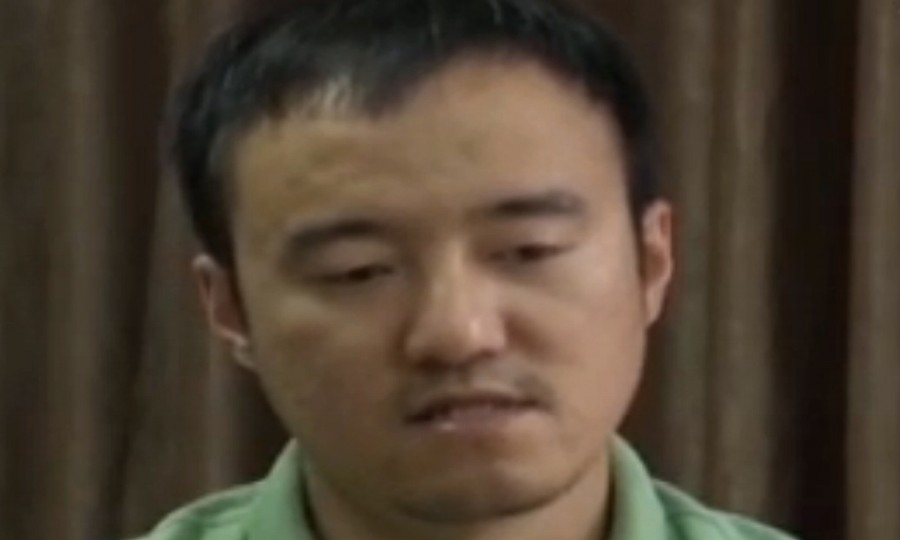The recent collapse of the Chinese stock market, and the inability of the country’s central planners to “successfully” intervene and stop the slide of prices artificially elevated thanks to their previous intervention is a serious rebuke to the Communist regime.
That is why today the Chinese government is seeking out scapegoats, reportedly arresting around 200 people for “rumor-mongering” or related “violations” in connection with the market selloff and recent Tianjin chemical factory explosion.
This follows a series of other desperate moves:
Since an epic stock boom went bust this summer, China’s government has struggled to contain the crisis, ordering the press to downplay the story, and periodically singling out scapegoats, from hostile foreign forces, to“malicious” short-sellers, to the U.S. Federal Reserve and now, the press.
Notably, concerning this latest round of illiberal and ill-conceived “damage control,” the Chinese authorities forced a financial journalist named Wang Xiaolu to “confess” on Chinese state television to one such supposed violation resulting from a report he published in late July in which he indicated that the China Securities Regulatory Commission (CSRC) was contemplating ceasing share price “stabilization” efforts.
And all of this because the Communist Chinese regime cannot handle the truth that it has blown a bubble of epic proportions that like all bubbles must end in liquidation; all of this because the Communist Chinese regime cannot bear to take responsibility for its failed central planning reflected in plunging financial asset prices.
The free flow of information, like the free flow of ideas and capital, is anathema to totalitarian regimes, and indeed dangerous to them.
While the Chinese are a long-term oriented, formidable foe, developing weaponry that could have cataclysmic consequences if used against the U.S. or its allies, expanding its sphere of influence in the South China Sea and doing us a great deal of damage today and for years to come by way of hacking and stealing intellectual property, what does it say about a regime so weak that it must muzzle its citizens and charge them with thought crimes when there is a market selloff?
More broadly, it never ceases to amaze that people worldwide can delude themselves into believing that 10-plus percent growth in perpetuity under an economy in which every “enterprise” is effectively controlled by the Communist Party is real and sustainable.
Ghost cities and collapsing stock prices are just a couple of the symptoms of government-induced malinvestment.
In light of the sad state of affairs in China today, it is high time we remember the words of the New York Times’ Thomas Friedman from 2009:
One-party autocracy certainly has its drawbacks. But when it is led by a reasonably enlightened group of people, as China is today, it can also have great advantages. That one party can just impose the politically difficult but critically important policies needed to move a society forward in the 21st century. It is not an accident that China is committed to overtaking us in electric cars, solar power, energy efficiency, batteries, nuclear power and wind power. China’s leaders understand that in a world of exploding populations and rising emerging-market middle classes, demand for clean power and energy efficiency is going to soar. Beijing wants to make sure that it owns that industry and is ordering the policies to do that, including boosting gasoline prices, from the top down.
The fatal conceit at its finest.




Leave a Reply